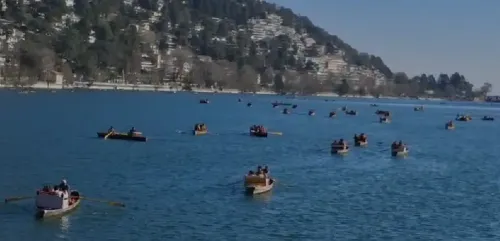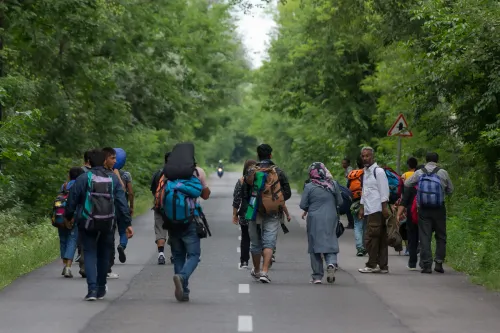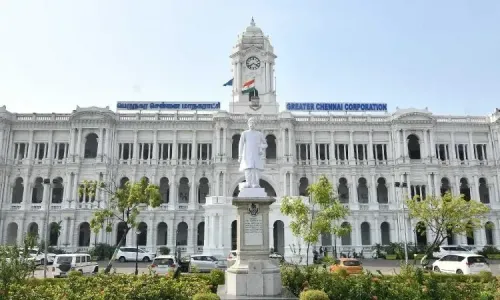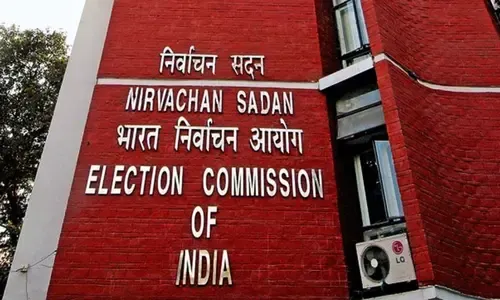What Led to the Dismissal of Karnataka Govt's Appeal?

Synopsis
Key Takeaways
- Karnataka High Court dismissed state appeal.
- Single bench order requires permissions for public activities.
- Challenges for RSS and private organizations.
- Government's argument based on property protection.
- Judiciary's role in balancing rights highlighted.
Dharwad (Karnataka), Nov 6 (NationPress) In a significant blow to the Congress-led administration in Karnataka, the Dharwad bench of the Karnataka High Court rejected the state's appeal petition regarding its order requiring permissions for private organizations to conduct activities in public spaces.
A division bench, presided over by Justice S.G. Pandit and Geetha K.B., opted not to interfere with the ruling from the single bench, instructing the state to approach the single-judge bench for further proceedings.
The BJP and several Hindu organizations asserted that the government's order was specifically targeted at the Rashtriya Swayamsevak Sangh (RSS). Minister Priyank Kharge, son of AICC President Mallikarjun Kharge, publicly remarked that citizens could no longer carry out foot marches with lathis, in a bid to disrupt the RSS Centenary padayatra event.
Previously, the single-judge bench had put a hold on the state's order, prompting the government to challenge this decision in front of a division bench of the Karnataka High Court.
After hearing the case on November 4 and reserving the verdict, the court delivered its judgment on Thursday.
The division bench stated that it had dismissed the Karnataka government's appeal against the interim stay granted by the single-judge bench concerning the government's notification.
Moreover, the division bench in Dharwad has mandated that the issue be settled before the single-judge bench itself, adding to the challenges faced by the state government.
Recently, the state government issued an order limiting RSS activities in public and government-owned areas. In response, the organization Punaschetana Seva Samsthe and others challenged this order in the High Court.
Justice M. Nagaprasanna of the single-judge bench had previously granted an interim stay on the state’s order on October 28. Subsequently, the government appealed this stay before a division bench of the High Court. Advocate General Shashi Kiran Shetty, representing the government, contended that the restrictions were necessary to prevent damage to government property.
He maintained that private organizations cannot host events on government premises without prior approval — similar to how events cannot be held in an empty High Court building, public spaces also require official permission.
In contrast, senior advocate Ashok Haranahalli, representing the respondents, argued that not all parks and playgrounds should be classified as government properties.
“If such regulations are enforced, would even playing cricket on a field require permission?” he questioned.
He further argued that under the Police Act, the authority to enforce such measures lies solely with the District Magistrate, and the government should have applied to vacate the interim stay before the same single-judge bench instead of filing an appeal. After considering the arguments from both parties on November 4, the Dharwad division bench reserved its judgment.










